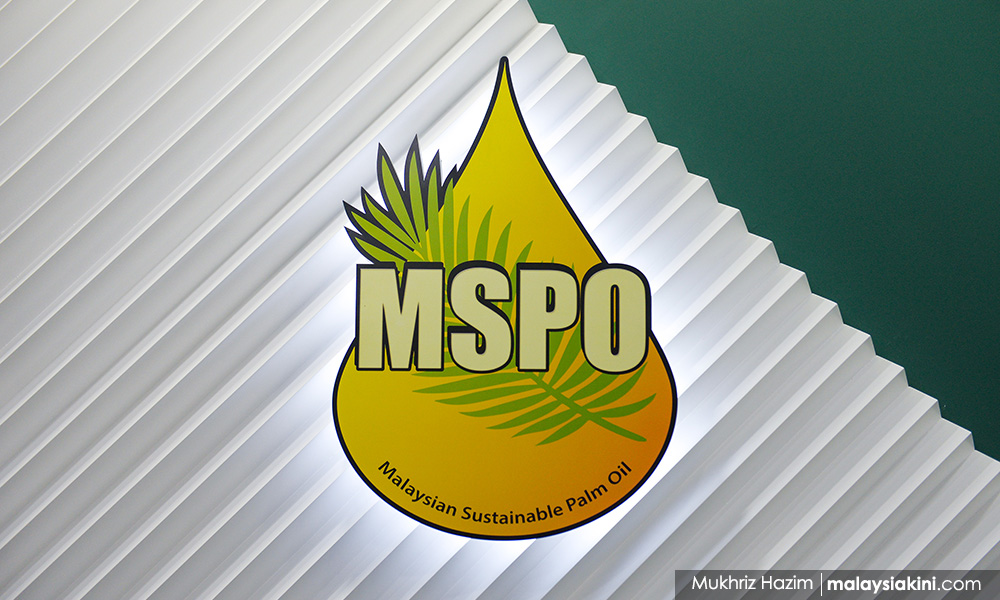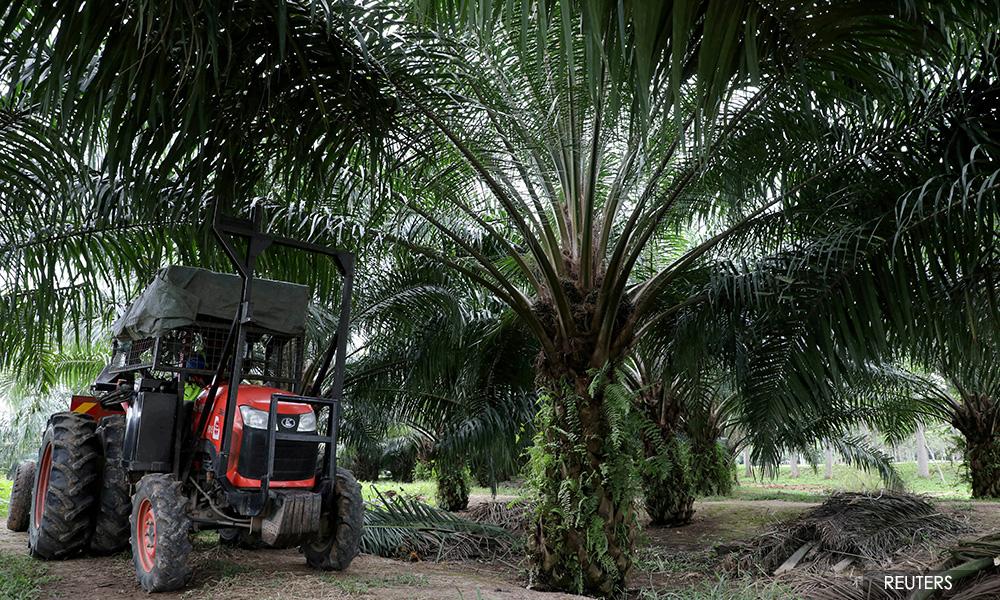MP SPEAKS | I am highly concerned to read the statement of Plantation Industries and Commodities (MPIC) Minister Zuraida Kamaruddin that she planned to consolidate three palm oil agencies, namely the Malaysian Palm Oil Board (MPOB), Malaysian Palm Oil Council (MPOC) and the Malaysian Palm Oil Certification Council (MPOCC), under one roof.
This is akin to taking a steep step back in time to almost three decades ago when the current structure and functions of the palm industry agencies were first redefined after extensive consultation with the industry.
The minister herself has got to come to terms with the unique functions and characteristics of each of these agencies before embarking on such an exercise that may yet prove futile.
The underlying cause may be the apparent functional overlap between agencies that continues to exist and which surely needs corrective measures. This is also something about which I myself had raised during recent parliamentary debates.
I would like to briefly explain to Zuraida that MPOB, set up by an Act of Parliament, is the main statutory body that oversees licensing, enforcement and, importantly, the research and development of all things palm oil. These functions cannot be easily compromised.
Historically, there existed two separate entities, namely the Palm Oil Refining and Licensing Authority (Porla) and the Palm Oil Research Institute of Malaysia (Porim). At the insistence of the then minister and through the MPOB Act, these were brought under one roof and have since been functional.
Thereafter, at the height of the 1980s anti-palm oil campaign, there was a strong push and need to create a standalone palm oil marketing arm and hence emerged the current Malaysian Palm Oil Council (MPOC).
Its core objective is to assist in the promotion and marketing of Malaysian palm oil. Established as a private limited non-profit company, it often needs to function unrestricted in the real commercial world to ensure the uninterrupted flow of Malaysian palm oil to more than 153 countries.
And in recent times, due to the need for sustainable certification standards through MSPO (Malaysian Sustainable Palm Oil), the Malaysian Palm Oil Certification Council (MPOCC) was established.

Where Zuraida is challenged is the continued overlap of functions that is glaringly obvious between these agencies. For starters, I had questioned in parliament the need to have duplicated palm oil overseas offices in the same country/ region by MPOB and MPOC.
Indeed when critical brainstorming was conducted previously with industry captains, MPOB’s overlap of its palm oil marketing efforts was deemed unnecessary, and this should be taken over immediately by MPOC.
However, internal pressure from the agencies and their boards had made this difficult even for the minister, and she would do well to immediately look into this again and remove all such functional duplications between agencies.
Another challenge today is that industry partners already feel that MPOB has overgrown its capabilities, and its core functions are being neglected to some extent.
Industry quarters are saying that it is thus beginning to make sense to split its research and development functions from its licensing and enforcement roles. Rather, they are silently seeking the possibility of going back to the old model of Porla and Porim. This merits much further debate and consideration, indeed.
If Zuraida still plans to progress into merging these entities, her biggest challenge is to find a single person who has the knowledge and capability of all things palm oil and more to helm such a single and monstrous entity.

Right now, such an individual does not come to mind. Even the future leadership succession plans at these agencies is a big headache since appointing persons of the highest calibre to efficiently operate each of these agencies is hindered by a lack of talent, knowledge and capability. Throwing it into the hands of even the secretary-general of the ministry will not work optimally.
The challenges are thus rather bitter and difficult and as I see, these will require significant clean-up of the agencies both at the management and board levels coupled to the consolidation of their activities.
We need to remember that these agencies operate through a cess (tax) imposed on the industry via each tonne of palm oil produced. Down the road, the challenges the industry will face far outweigh the desire for a single consolidated agency as proposed.
I hope the minister will not execute this in haste but could better rely on already existing documented roadmaps and agree to hold re-consultations with the industry captains.
Since this industry is vital to our nation’s economy and GDP, I would boldly like to offer possible cross consultation among various knowledgeable parliamentarians in order to create a more sensible and long-lasting support system for the well-being of the industry as a whole.
These three entities have different roles and functions, and it is important to maintain them as such. Of course, with improved and enhanced operations and management.
To cater to Zuraida’s vision at least partially, it could be proposed that Plantation Industries and Commodities Ministry’s secretary-general and the palm oil division’s role in the ministry be further empowered accordingly. - Mkini
TERESA KOK is Seputeh MP and former plantation industries and commodities minister.
The views expressed here are those of the author/contributor and do not necessarily represent the views of MMKtT.



No comments:
Post a Comment
Note: Only a member of this blog may post a comment.